News
-
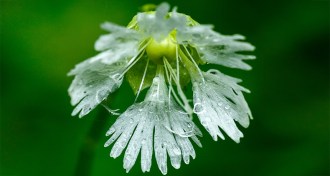 Plants
PlantsHermaphrodite wildflower has its own battle of the sexes
A new example of sexual conflict shows up in a plant with a troublesome pollinator.
By Susan Milius -
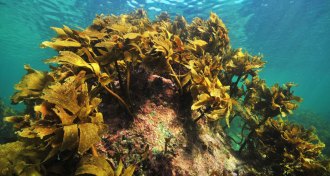 Plants
PlantsHow to eavesdrop on kelp
Sounds reverberating through a kelp bed can be linked to environmental factors, suggesting a low-key way to monitor undersea communities.
-
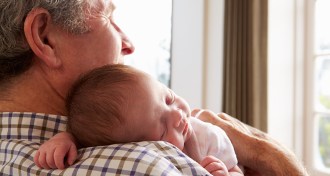 Genetics
GeneticsDouble-duty DNA plays a role in birth and death
Coronary artery disease may be the price humans pay for improved fertility.
-
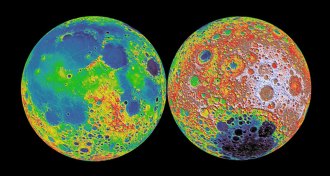 Planetary Science
Planetary ScienceThe moon might have had a heavy metal atmosphere with supersonic winds
Heat from a glowing infant Earth could have vaporized the moon’s metals into an atmosphere as thick as Mars’, a new simulation shows.
-
 Plants
PlantsPetunias spread their scent using pushy proteins
Scent molecules hitch a ride on a particular protein to escape flowers.
-
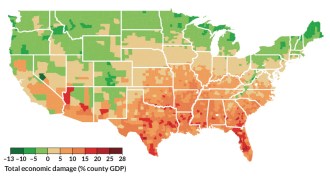 Climate
ClimateClimate change could exacerbate economic inequalities in the U.S.
Counties across the United States won’t all pay the same price for climate change, a new simulation predicts.
-
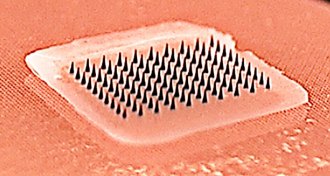 Health & Medicine
Health & MedicineGetting a flu ‘shot’ could soon be as easy as sticking on a Band-Aid
Microneedle patches may make home-based vaccination a reality.
-
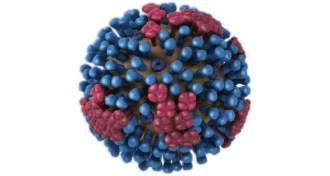 Life
LifeChronic flu patients could be an early warning system for future outbreaks
Cancer patients’ long-term flu infections may preview future viruses.
-
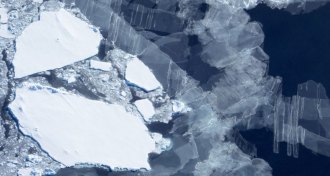 Earth
EarthBattering storms caused Antarctic sea ice to shrink at record pace
Unusually intense storms could explain why Antarctic sea ice shrank to its smallest observed extent this year.
-
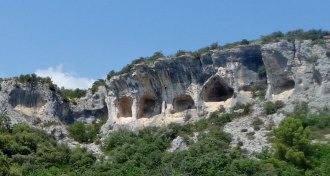 Archaeology
ArchaeologySound-reflecting shelters inspired ancient rock artists
Ancient Europeans sought rock art sites where sounds carried.
By Bruce Bower -
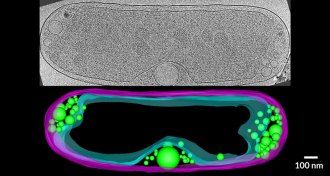 Life
LifeScientists spy on the secret inner life of bacteria
New images reveal the inner workings of bacteria.
-
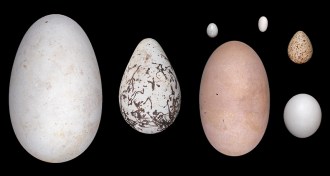 Life
LifeFlight demands may have steered the evolution of bird egg shape
An analysis of nearly 50,000 bird eggs finds a link between a species’ egg shape and flight ability.